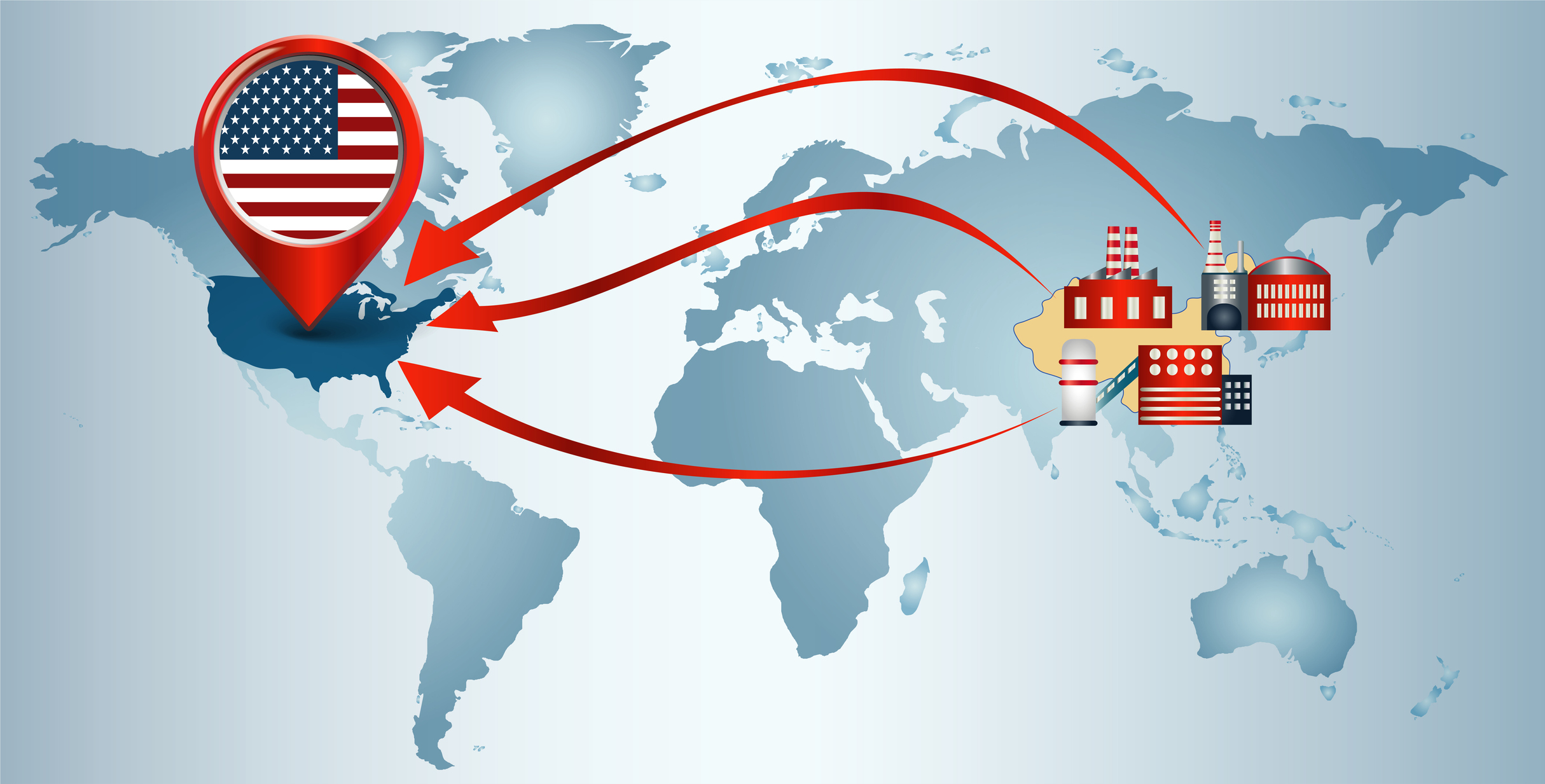Since the 1994 release of “All I Want for Christmas is You”, Mariah Carey has become inextricably linked with the Christmas holiday season. Shortly after the release of this song in 1994, it topped the charts in twenty-six countries, including Mexico and Germany. Even now, every year the song surges in popularity as the holidays approach.
BHL Bogen

BridgehouseLaw LLP - Your Business Law Firm
Monday, November 28, 2022
Mariah Carey - the queen of Christmas?
Tuesday, November 22, 2022
Beer Ban in Qatar
For many people, beer is one of the first things they associate with a soccer match and an integral part of the stadium experience. Prior to the 2022 FIFA World Cup, the US beer company Budweiser was granted an exclusive license to sell its beer at stadiums in Qatar. However, just two days before the first match of the tournament, Qatari authorities decided to ban beer from all of the World Cup stadiums. Only Bud Zero, Budweiser’s alcohol-free beer, can be sold at the stadiums during the tournament. The only exceptions to this beer ban are designated VIP areas that cost thousands of dollars, and specifically designated FIFA Fan Areas.
Monday, November 07, 2022
Offshore to Reshore: U.S. Businesses Shift Strategies
The COVID-19 pandemic continues to change the business environment in new ways. We’ve become familiar with some changes, such as increased remote work and disruption to global supply chains. Now, we’re seeing U.S. companies increasingly protect themselves from disruptions by reshoring.
For decades, U.S. companies moved business operations and manufacturing to countries in Asia or Latin America in order to produce under cheaper and more efficient conditions—a process called offshoring. After the COVID-19 pandemic caused the collapse of global supply chains in 2021, manufacturing and distribution in many parts of the world were either interrupted or stopped completely. Numerous U.S. companies were not able to offer their clients their goods anymore because integral components or finished products could not be delivered to the United States. Although supply chain issues have calmed down in recent months, remaining lockdowns continue to affect global supply chains. For example, China, which contributed pre-pandemic roughly 20% of U.S. imports annually, is placing more and more cities under lockdown, which has caused the price of U.S. imports from China to rise dramatically due to supply bottlenecks.
To resolve issues that are ultimately but indirectly caused by the U.S. practice of offshoring, U.S. businesses are increasingly reshoring or bringing manufacturing back to the U.S. in order to decrease dependency on supply chains. The recent trend in reshoring is especially advantageous for small businesses, which do not have the financial resources and endurance to afford doubled or tripled prices for various components they need.
Although the COVID-19 pandemic has catalyzed the shift from offshoring to reshoring, this trend was already emerging before the pandemic hit. Between 2010 and 2020, more than one million jobs were brought back to the United States through reshoring. The COVID-19 pandemic has brought to the forefront the inherent risks of dependence on global supply chains, which can be disrupted by a variety of factors—pandemics, yes, but also political instability and seemingly random events such as the March 2021 blockage of the Suez Canal due to a stuck container vessel.
By turning to reshoring, U.S. companies are demonstrating their ability to adapt, to strengthen supply chain resilience, and to diminish associated vulnerabilities. Reshoring enables businesses to react immediately to the ever-changing needs of the market thanks to the proximity of customers. Shipping costs also decrease through reshoring, although this is partially absorbed by the business to adjust for the higher cost of production in the U.S. due to higher salaries and rent. The rising tensions between China and U.S. is another incentive for U.S. businesses to reshore, as trade policy is ever-changing. For example, recently, the U.S. imposed new restrictions on U.S. companies selling advanced semiconductors to China.
It is important to note that the recent U.S. reshoring trend varies across industries. For example, the textile industry, which requires mostly manual labor, is not likely to return because of the significant wage gap between Asia and the United States.
Although reshoring is considered especially advantageous for small businesses, larger businesses are also reshoring. In December 2021, General Motors announced plans to spend upward of $4 billion USD to expand electric vehicle and battery production in Michigan. Toyota is also about to invest $1.3 billion USD in a battery plant in North Carolina, which is expected to create approximately 1,750 jobs.
Reshoring not only helps to protect U.S. businesses from disruptions, but it also contributes to the U.S. national economy via job creation and development. Federal an
d state governments have therefore been keen to introduce incentives to U.S. businesses partaking in reshoring. Lastly, as U.S. businesses are increasingly scrutinized for their environmental impacts, reshoring manufacturing reduces global fossil fuel consumption from shipping.
Although the COVID-19 pandemic might be about to end, the reshoring trend is expected to remain.
Tuesday, November 01, 2022
Penal Consequences for Putin’s Supporters in Germany?
Could supporters of Russia’s war in Ukraine menace legal consequences in Germany in the future? Since Russia’s attack on February 24, 2022, on Ukraine, many demonstrations have occurred in Germany, mostly in solidarity with the Ukrainian people. But there are also demonstrations organized by members of the huge Russian community in Germany (around 2 million people) and other parties, which support Putin’s side in the war.
Organizing and participating in a public gathering is both in Germany and in the U.S. a constitutional right, even if it occurs in favor of a country that has initiated a war of aggression. But what happens, if pro-Russian demonstrators in Germany start to deny the war crimes that take place in Ukraine?
As a result of German’s WWII reckoning, there is already a criminal law in Germany that prohibits condoning, denying, or trivializing the Holocaust in public or during a public gathering in a way that is likely to disturb the public peace (§ 130(3) Strafgesetzbuch (StGB); German criminal code). Other nations, which penalize the denial of the Holocaust, are Israel and Austria. A similar criminal law does not exist in the United States but such action may constitute grounds for a cause of action under civil law in certain circumstances.
On October 20, 2022, the German parliament voted to amend and extend § 130 StGB. Passage 5 thereof now penalizes condoning, denying, or trivializing genocide, crimes against humanity or war crimes publicly or during a public gathering. To be punishable under the amended § 130(5) StGB, an act must relate to a certain national, racial, religious, or ethnic group in a way that is likely to incite someone to hate or act with violence against this group or members of this group or to disturb the public peace. The passed bill provides for fines as well as imprisonment up to three years, whereas the maximum imprisonment for sanction regarding the Holocaust in § 130(3) StGB is five years. The rationale behind this discrepancy is the significance of the Holocaust in German history, which justifies more severe penalties.
According to statements by politicians with expertise in law, it is now possible that pro-Russian supporters could be penalized based on this new law if they, for example, condone or deny war crimes committed by Russian soldiers during a demonstration.
Notably, the new law does not prohibit a person from denying that a specific war constitutes a crime of aggression. The crime of aggression, which is aggression that constitutes a manifest violation of the Charter of the United Nations as determined by its character, gravity, and scale, is penalized as a crime under international law (§ 13 Völkerstafgesetzbch (VStGB); Code of Crimes against International Law). As such, whether a war constitutes a crime of aggression under § 13 VStGB is, to some extent, a subjective assessment. Because the new § 130(5) StGB does not prohibit a person from denying that war is a crime of aggression, such assessments should not be stymied and will not be punished.
Despite possible consequences to pro-Russian demonstrators, the war in Ukraine did not cause the amendment to § 130 StGB. Rather, the amendment to § 130 StGB results from the European Commission’s initiation of initiated treaty violation proceedings against Germany in December 2021. In the European Commission’s opinion, Germany violated the EU resolution 2008/913/J1 from November 28, 2008, which aimed to fight specific forms and expressions of racism and xenophobia.
Although the newly-amended law might affect upcoming demonstrations, the actual coverage of § 130(5) StGB will be determined by the court's decisions.



